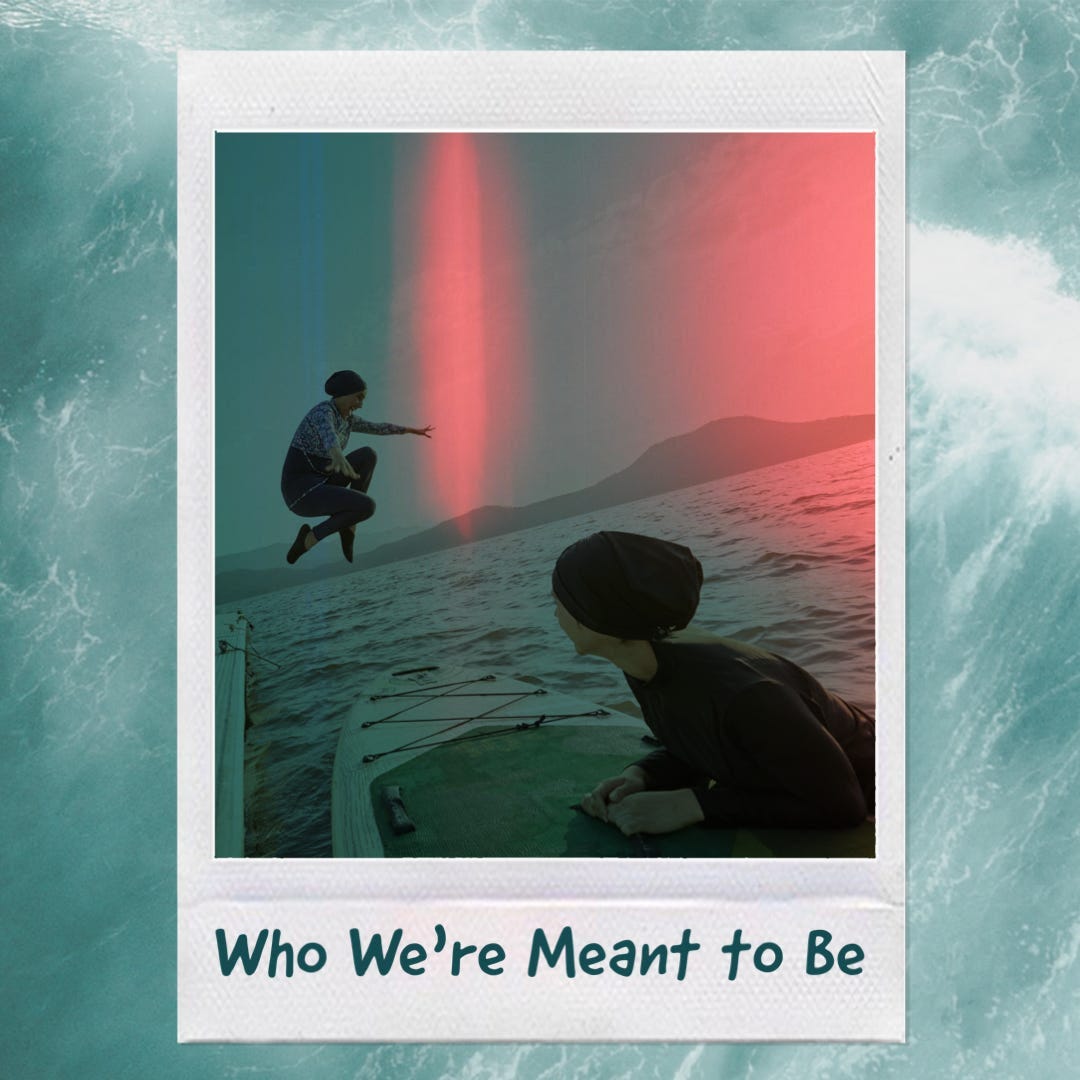Last month I shared about an upper-middle grade novel-in-verse I wrote that explores housing insecurity, parental addiction, and social connection through poetry. I successfully made it through one pass of edits, then promptly sent it off to a friend who slays at copyedits, and now I have more to do on that.
At the same time, I’m looking at yet another revision pass on the story I’m sharing about today. I took opening pages for this one to the retreat in March as well, and both stories I want to have ready for querying and submission in the very near future. (Reader, can she pull it off? Find out in our next episode.)
Like many people, the pandemic gave me space and time to think and reflect and really dig deep on not only my idealogies, but also the way I am wired.
I’m what’s known as a Highly Sensitive Person.
It turns out, I’m not normal. I mean, we already knew that, but now I know why and how. I recognize and accept my differences as strengths, not to be snuffed out. And I know that my strengths are not expectations to have of others.
It’s been a beautiful process, though not without its hardships, which is what I set out to explore in this novel.

Who We’re Meant to Be
It’s the summer Berklee has dreaded: her tight-knit group of friends have turned 16 and gotten jobs for the season, while she’s still counting the days to her birthday in August. Feeling left out and fragile, Berklee has a melt down and her parents decide she needs some drastic time away. Expecting to spend her days repairing and crafting at their family friends’ house in Southern California, she’s not exactly thrilled when they push her into the local Junior Lifeguards program, a glorified summer camp.
If there’s anything Berklee hates more than over-analyzing every message her friends send (or don’t send), it’s doing something she’s never done with people she’s never met. But Berklee soon realizes that she is facing inner battles bigger than the challenges the guard program places in front of her. Watching the youngest guards dive for dummy bodies, memorizing all the steps for CPR, and competing against the only other 15-year-old, Noah, stir up a buzzing in her stomach not unlike the feelings she gets when her friends from back home make sporadic contact. The more time she spends with Noah and a few of the older guards, and the less energy she spends engaging with her old friends, Berklee starts to evaluate her anxiety triggers and how to deal with them.
When patterns emerge in her reactions, Noah suggests that Berklee may be neurodivergent. While the revelation brings a lot of pieces together, Berklee begins questioning everything her friends have spouted as acceptable and factual.
While Berklee reconciles who she was with who she is now, she has to wonder, who will she be when she goes back home?
I like to keep these newsletters short & sweet, so I’m going to stop there. But would you be interested in hearing more about being neurodivergent? I’d be open to sharing a bit more about my discoveries if people are into that.
May your May hold a lot of good “maybe”s.
Love, Heidi
P.S. Have you read any good books about neurodiversity? Either fiction or nonfiction? Divergent Mind by Jenara Nerenberg is what allowed me to self-diagnose. A thorough quick-start guide to neurodiversity, especially for women. But I need more fiction recs for my TBR list, so send them my way!



